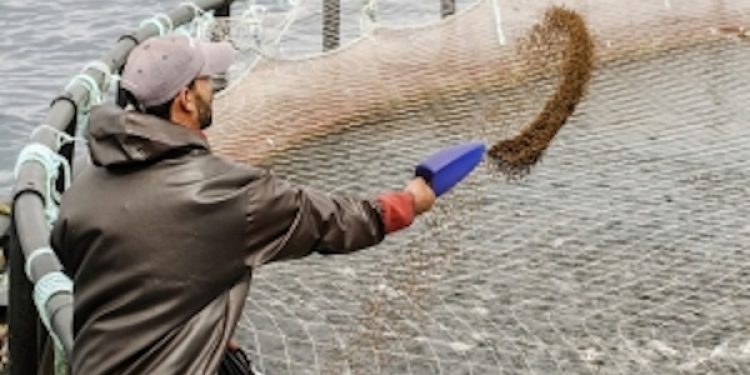A new technical co-operation project aims at developing investment strategies for fishing communities affected by migration. Fisheries communities in the Mediterranean face various pressures, including limitations in fisheries governance, climate change and urban development, often exacerbated by poverty. Migration in the Mediterranean region has sharply increased in recent years, particularly among communities facing high levels of unemployment.
For many years, FAO has been working to build fisheries and coastal communities through its Blue Growth initiative, with its emphasis on bolstering economic, environmental and social development that will benefit communities dependent on fisheries for their livelihoods. The Blue Hope initiative builds upon these activities, emphasising the important role productive fisheries activities can play in communities vulnerable to migration.
In Tunisia FAO’s new Blue Hope initiative was launched in pilot communities in Algeria, Tunisia and Turkey. The activities are aimed at making fisheries and related value chain activities in pilot communities more productive and sustainable, ensuring more efficient and inclusive fisheries value chains, and reducing rural poverty.
‘As in other aquatic and maritime communities, the productivity of the Mediterranean sea and the food security of the coastal communities are facing serious threats, although they dispose of huge opportunities and potential. If properly used, these resources will bring hope and welfare to millions of people,’ confirmed Mohamed Amrani, FAO Subregional Co-ordinator for North Africa.
‘The governance of maritime space according to the Code of Conduct for Responsible Fisheries and related guidelines represent the only possible way to save our future and that of future generations. The application of these instruments is a collective responsibility requiring a strong and participatory collaboration, which will bring hope and create economic opportunities.’
The Blue Hope initiative is working closely with national government representatives and community stakeholders from all three countries to identify key priorities for the pilot communities. Activities will prioritise improving the economic value of fisheries resources, building social resilience to handle shocks, improving food security and nutrition, improving livelihoods and entrepreneurship opportunities.
A further key aspect of this technical co-operation project is to develop investment plans and strategies for the target communities.
During the two-day inception dialogue in Tunis, all relevant stakeholders from the three pilot countries are working together to present their country priorities and to listen to the ideas and priorities from the three countries, and to identify key stakeholders.
One of the strengths of the Blue Hope initiative is its promotion of cross-country dialogue and lessons learned that will allow each individual community to benefit from knowledge and lessons learned in communities in the other countries taking part of the initiative.
Following the two-day inception dialogue, Blue Hope activities will continue with three community stakeholder training activities at the identified national project sites at Gokova in Turkey, Gouraya in Algeria and El Biban/Zarzis in Tunisia.









